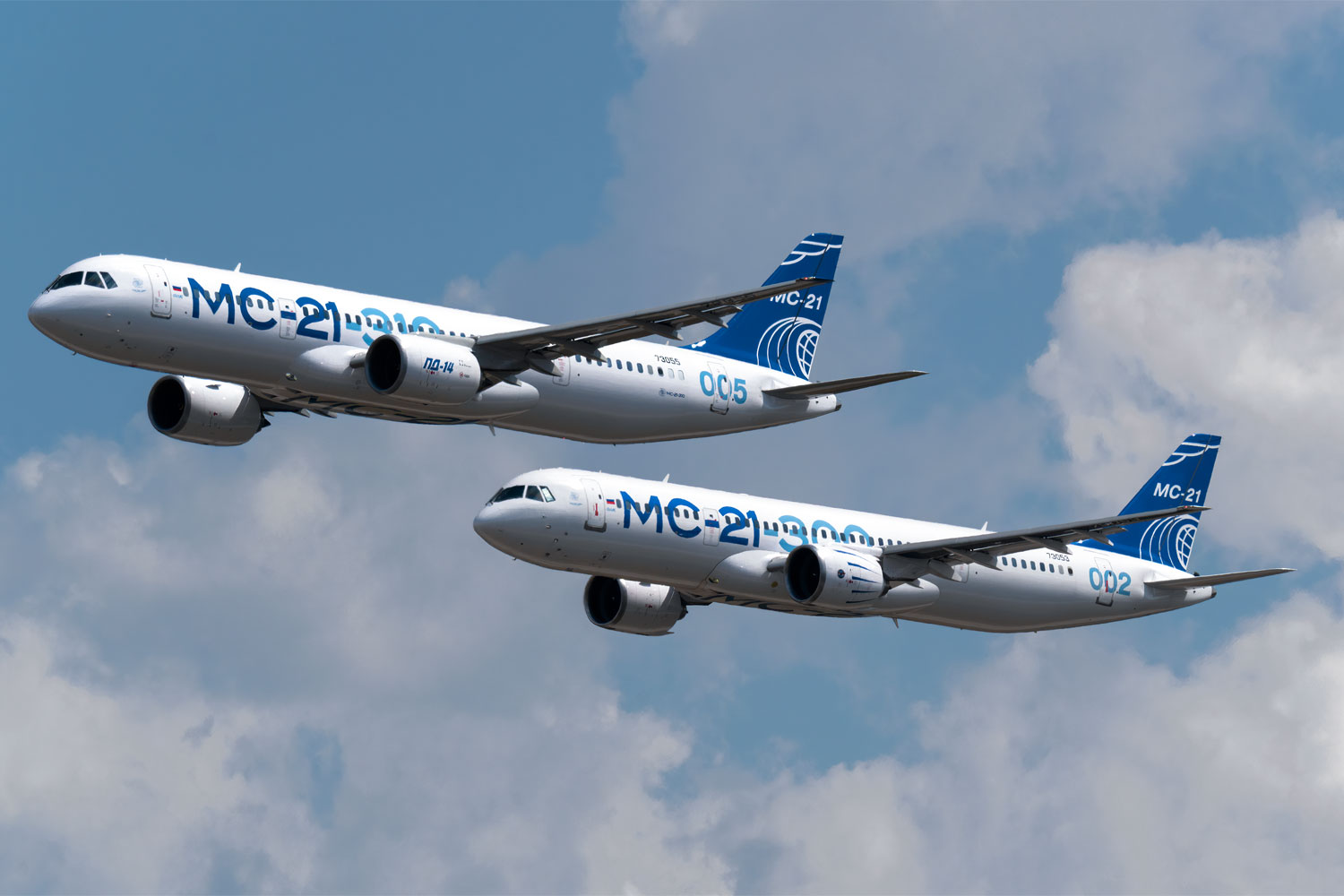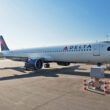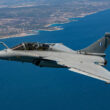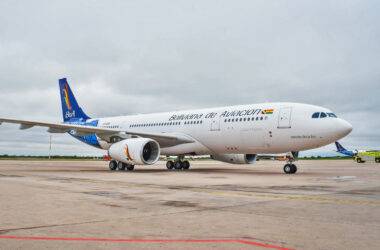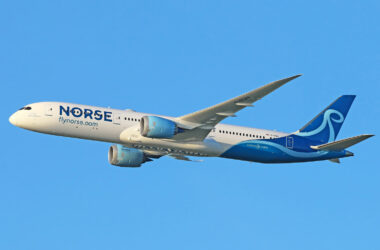Commercial aviation in Russia is not only affected by the suspension of technical support for aircraft made in the West. Russian jetliners are already suffering the consequences of economic sanctions imposed by the United States, Europe and other nations in response to the military invasion of Ukraine.
The MC-21 narrowbody, the most advanced commercial aircraft ever developed in Russia, is not expected to enter full-scale production until 2024, acknowledged the Minister of Industry and Trade, Denis Manturov.
“We have been denied the supply of components as part of our extensive international cooperation, despite the fact that even pre-paid orders are frozen today and are not delivered. And there is no explanation,” said Manturov at a briefing on Tuesday.
United Aircraft Corporation (UAC) still plans to deliver the first two jets to Rossiya Airlines later this year to begin a pre-operational phase. They will be aircraft of the MC-21-300 variant, which uses Pratt & Whitney turbofan engines, whose supply has been suspended.
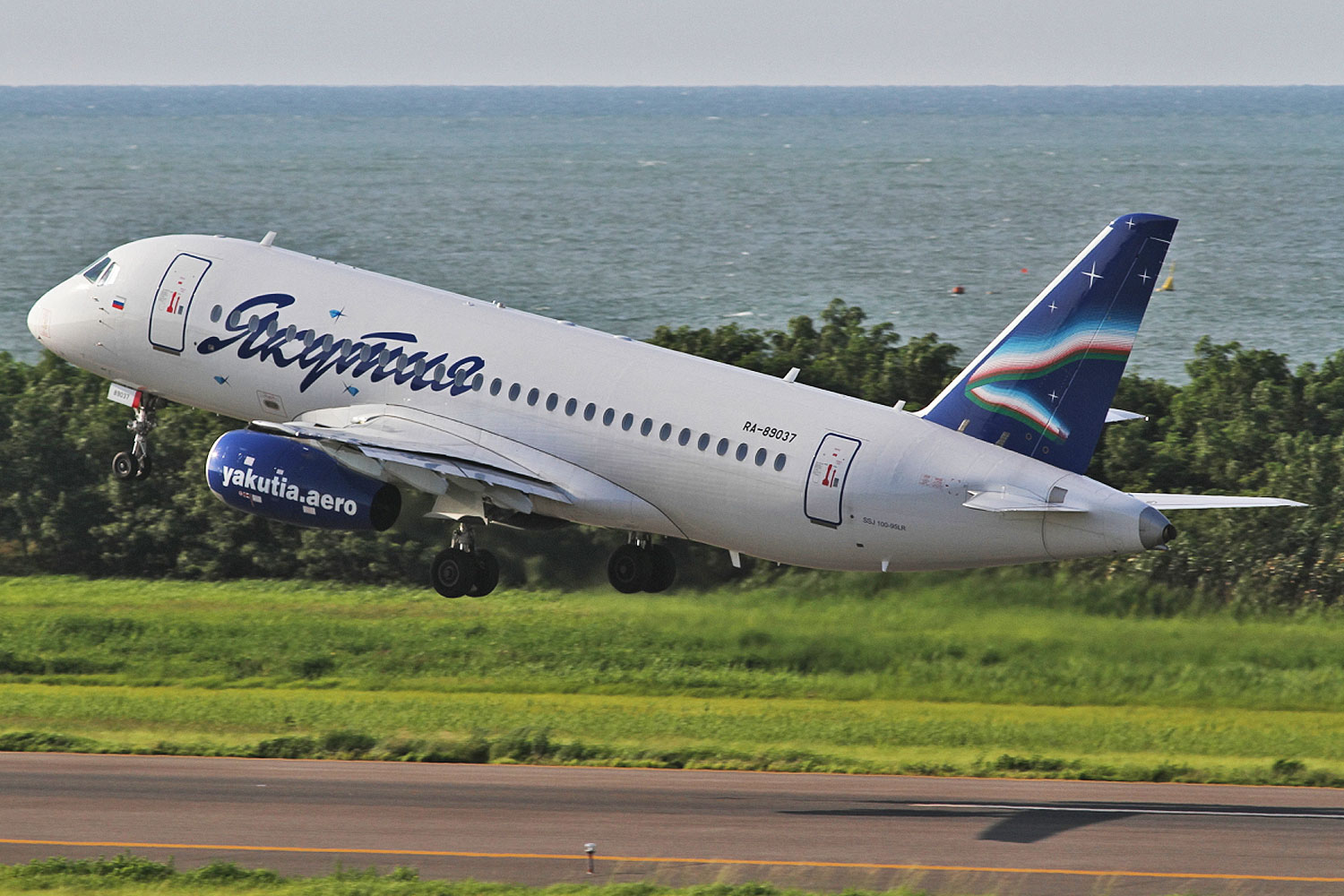
“Most likely, this [series production] will occur in 2024 after the completion of import substitution, completion of all certification procedures, because any replaced component in the aircraft requires appropriate test procedures,” explained Manturov.
The MC-21-310 is the Russian hope of not relying on Western parts. It is equipped with PD-14 engines developed in the country. In addition, the UAC managed to establish an alternative for the supply of the wings in composite material last year.
West dependent SSJ100
The most delicate situation concerns the SSJ100, a regional jet developed by Sukhoi and which operates on several Russian airlines.
Although technically advanced, the Superjet has had many reliability issues. In addition, most of its parts are made in the West, such as engines supplied by a joint venture between Safran and Russia’s NOP Saturn. The fear of Russian authorities is that part of the jets will stop flying due to lack of spare parts.
Russian Transport Minister Vitaly Savelyev is said to have been heavily critical of Russian commercial jets produced in recent decades. He claimed that the Il-96, Tu-204 and the SSJ-100 itself were commercially ineffective.
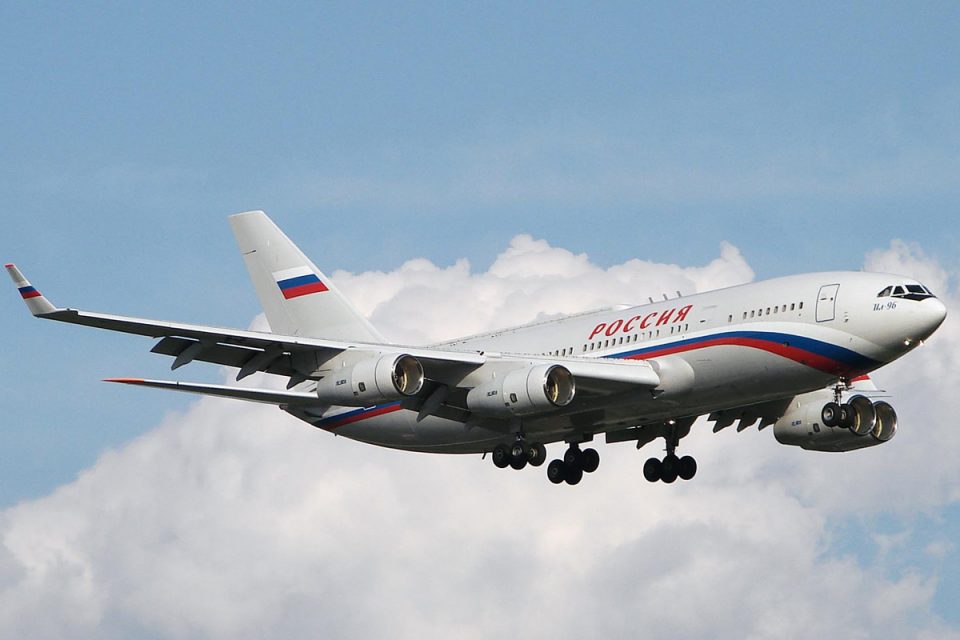
“What is the main problem of the Sukhoi Superjet? We are flying 148 Sukhois, but the part of imported components in them is huge. What happens if they malfunction? How do we change them? Yes, we have the PD-8 [engine], but it is going to enter service only in 2023,” Savelyev said.
Regarding the four-engine Il-96 and the twin-engine Tu-204, which are considered to be produced again on a large scale, the member of the Putin government considered them “non-competitive”, since they consume a lot of fuel, or a third of the ticket price.
However, Savelyev promised to complete the assembly of five widebodies airframes that have been incomplete for years, two Il-96 freighters and three Il-86. “They will be finished, they have been staying unfinished at the plant in Voronezh. And we will fly them,” he said.

